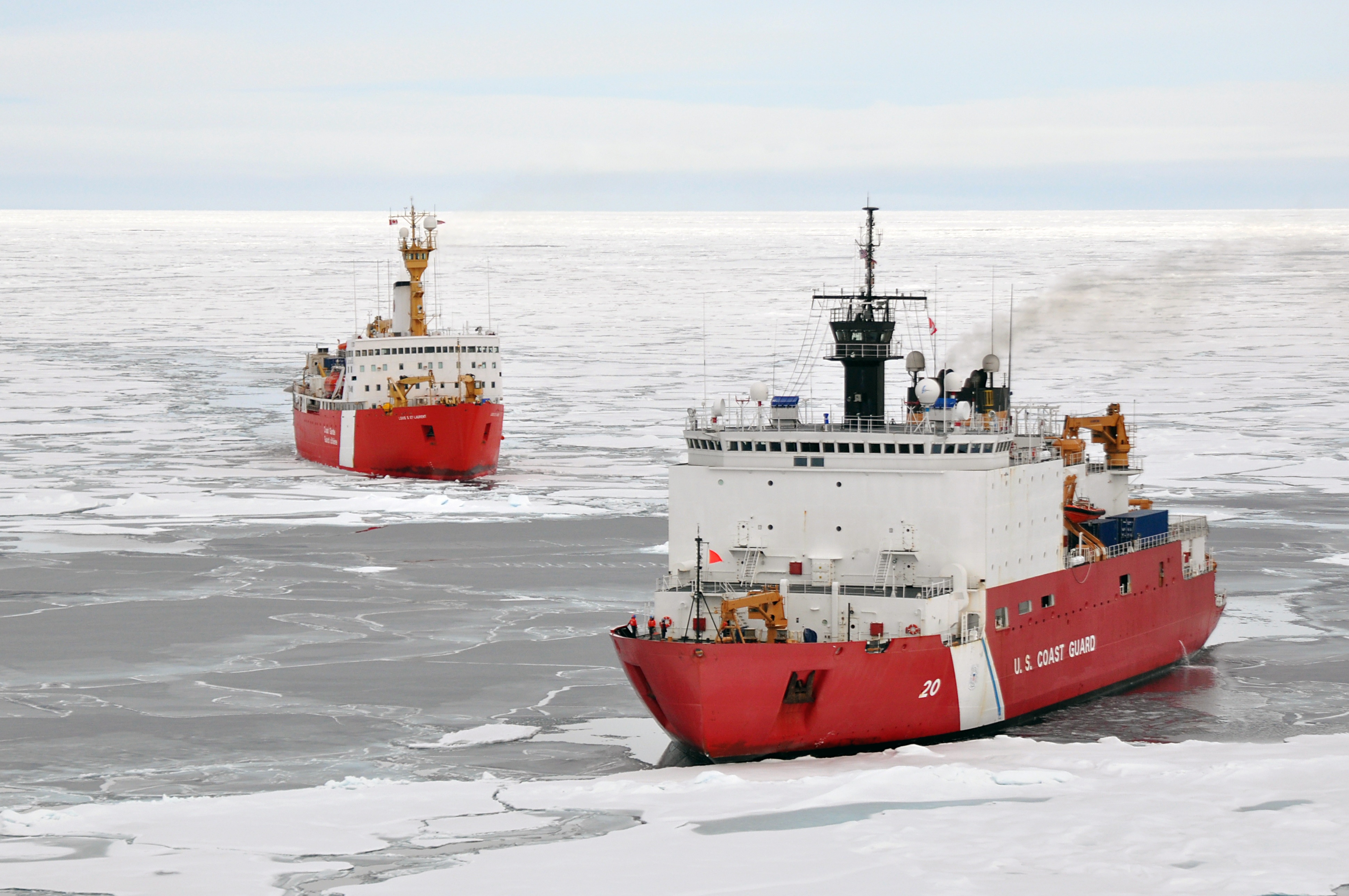As a kid, I remember reading a creepy story about the Octavius, a ship whose crew was discovered frozen and intact after the captain tried to take her from China back home to London via the Arctic. As the story goes, when the ship was discovered the captain still sat at his post, pen forever frozen in his hand as he wrote his final log entry dated 13 years earlier.
The story is probably not true. If it were, the Octavius would have been the first to navigate the legendary and long-sought route through the Arctic — the Northwest Passage — that would provide a shortcut for European ships destined for Far East ports.
I was reminded of the legendary search for the passage (Norwegian Roald Amundsen finally made it through in 1906) by a story in Workboat’s June issue about the sea route. Surprisingly, the U.S. commercial marine industry's interest in the Arctic route has not increased now that the melting of sea ice has made the Arctic a lot easier to get through.
The story cites a report from the U.S. Government Accountability Office that “commercial shipping, cruise, commercial fishing and oil and mining industries in the U.S. have expressed little interest in upping their activity there.”
Part of the reason is that despite the route’s opening up, it is still treacherous. For many commercial shippers the Arctic’s “extreme and unpredictable weather” makes it not worth the risk.
But the Arctic will be getting busier. As the story points out, there is certainly international interest in the commercial route. The state of Alaska is working with the U.S. Army Corps of Engineers to look at the possibility of a deepwater port, and the Coast Guard has also started the process for acquiring a polar icebreaker that would allow it to take patrols north.
It looks like the Arctic — once the site of legendary explorer adventures and now a place where the effects of global warming are unfolding most dramatically — will continue to be an interesting story.




